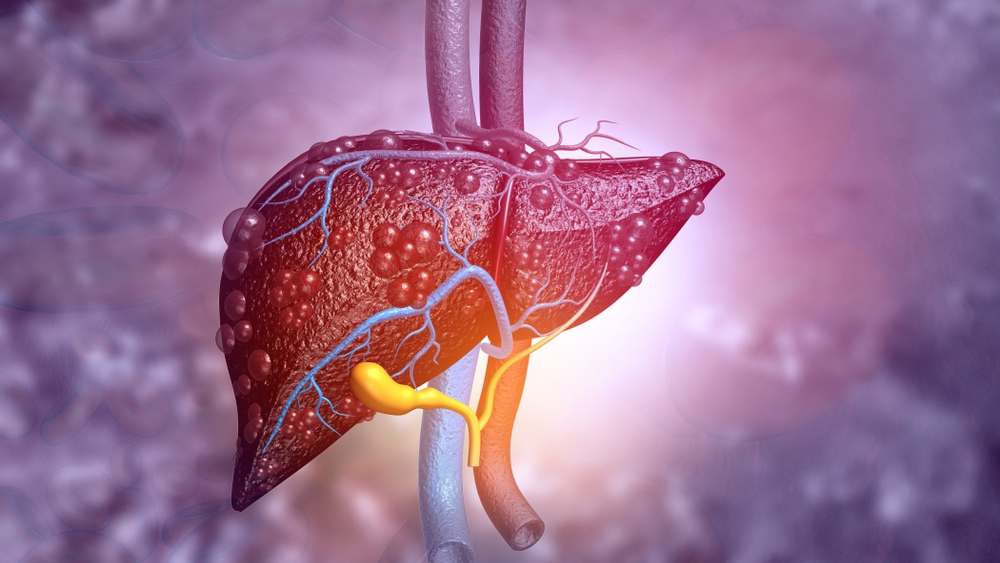-
Research
Researchers find promise in new potential treatment for liver failure

ROCHESTER, Minn. — A new drug has been shown to increase healing and regeneration of the liver after major surgery, according to a study published in the scientific journal Cell. Researchers hope that this could lead to more surgical options for patients diagnosed with advanced liver tumors and liver failure.
"This research is significant because this is the first drug of its kind to show an increase in healing and regeneration of the liver after major surgery," says Scott Nyberg, M.D., Ph.D., a Mayo Clinic transplant surgeon and co-senior author of the study. "This discovery has the potential to improve the treatment of liver failure, increase the safety of liver transplantation for living donors and potentially avoid the need for a liver transplant in some cases."
Mayo Clinic researchers collaborated with researchers at Tubingen University Hospital in Germany, who led the project. "Our drug candidate would not only be an urgently needed treatment option in oncological liver surgery but, by enabling safe living donor liver transplantations, also holds the promise to overcome the major problem of organ shortage in the field of liver transplantation," says Lars Zender, M.D., Ph.D., co-senior author of the study from Tubingen.
Liver disease remains a major health concern, causing an estimated 2 million deaths worldwide per year. While healthy livers have a nearly unlimited ability to regenerate themselves, that is not the case for livers that are damaged. As a result, surgeons treating a patient with primary liver tumors are limited in how large of a section of the liver can safely be removed to avoid liver failure.
The study found that a drug called HRX215 inhibits the MKK4 protein found in liver cells. That appears to trigger the self-healing function of the liver, allowing it to regenerate. Before the drug was tested in 48 healthy volunteers within the phase 1 study, it was investigated in animal models. The preclinical study was able to show that the use of HRX-215 increased liver regeneration and prevented liver failure, even after the removal of 85% of the organ. The phase 1 study found excellent safety and tolerability of the drug in people. Additional clinical trials are needed to establish the efficacy of the drug in humans.
Researchers are hopeful that this discovery will one day create more surgical options for patients with advanced liver tumors by allowing more of the liver to be safely removed. It also has the potential to benefit patients with acute and chronic liver failure. This drug could potentially allow for successful liver transplants from a smaller portion of a healthy donor's liver, and thus posing less risk to healthy donors. Often, this liver is too small to successfully take over the function of the full-sized liver removed from the recipient. The hope would be that this drug could allow for rapid liver regeneration, creating a new safe transplant option for people struggling with liver failure. This drug also could potentially eliminate the need for a liver transplant for some patients.
###
About Mayo Clinic
Mayo Clinic is a nonprofit organization committed to innovation in clinical practice, education and research, and providing compassion, expertise and answers to everyone who needs healing. Visit the Mayo Clinic News Network for additional Mayo Clinic news.
Media contact:
- Heather Carlson Kehren, Mayo Clinic Communications, newsbureau@mayo.edu







